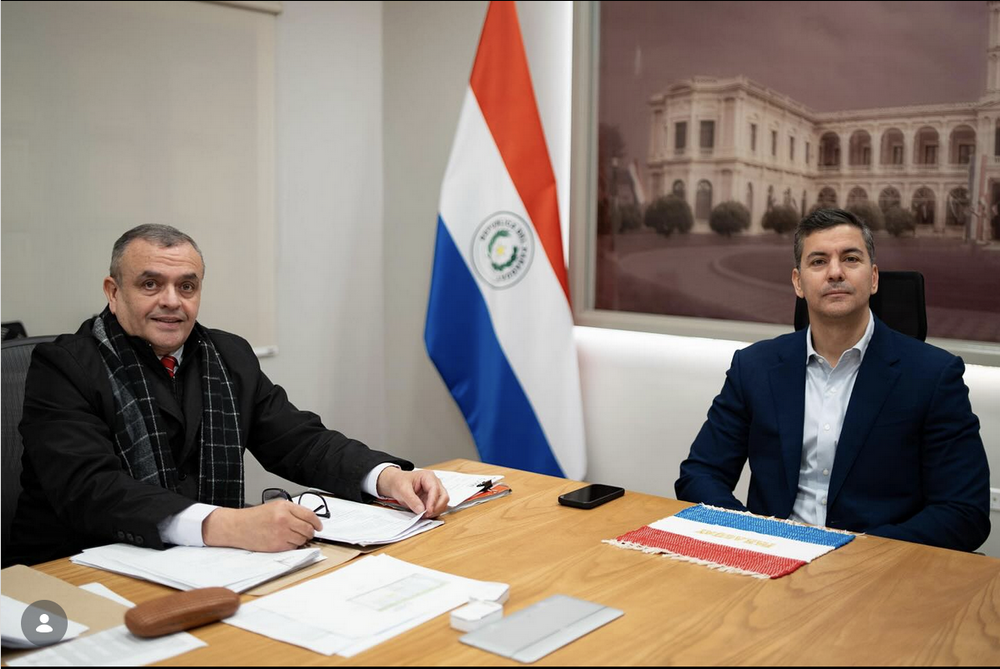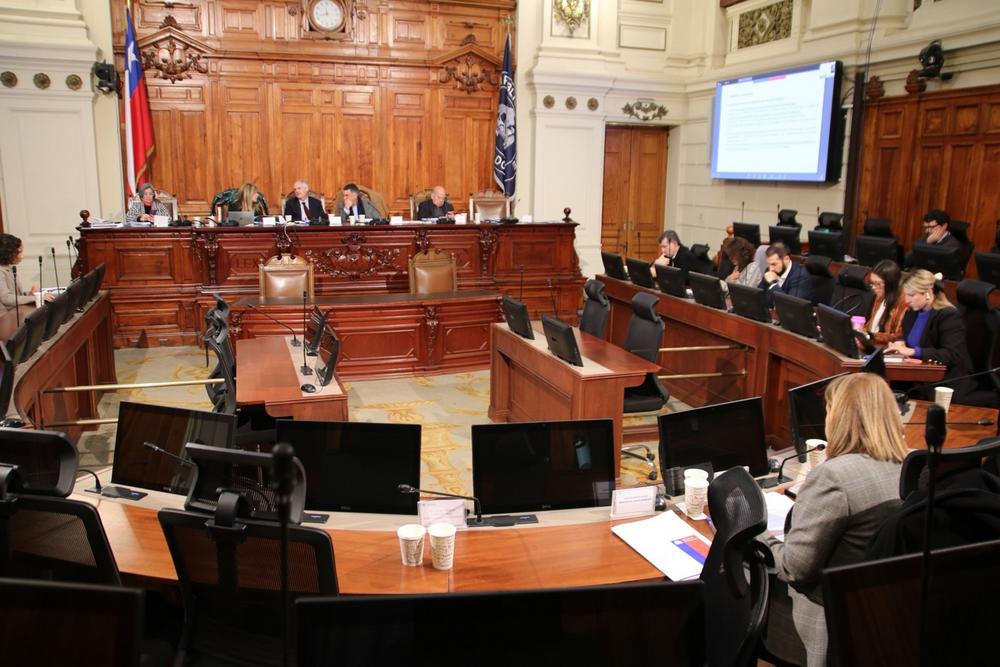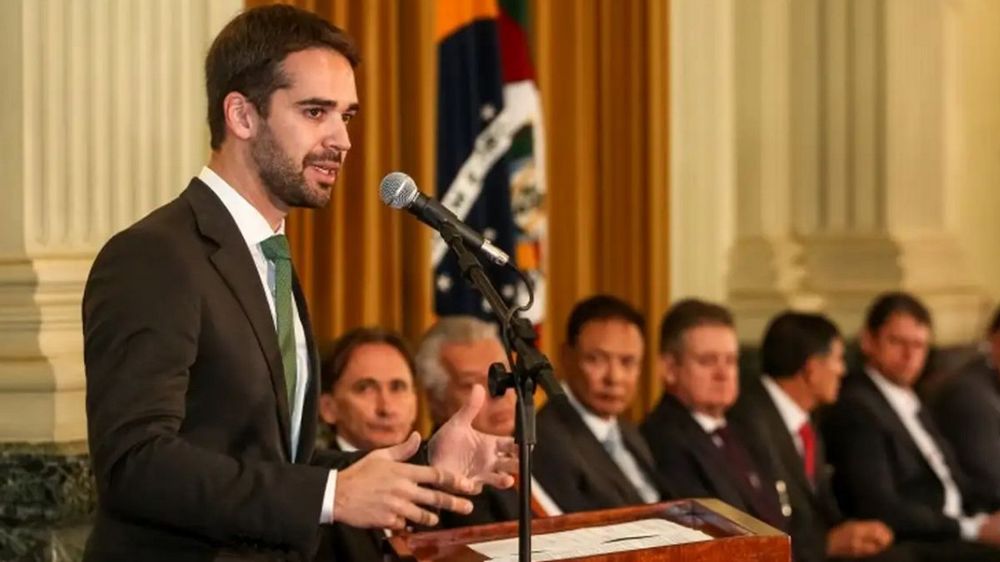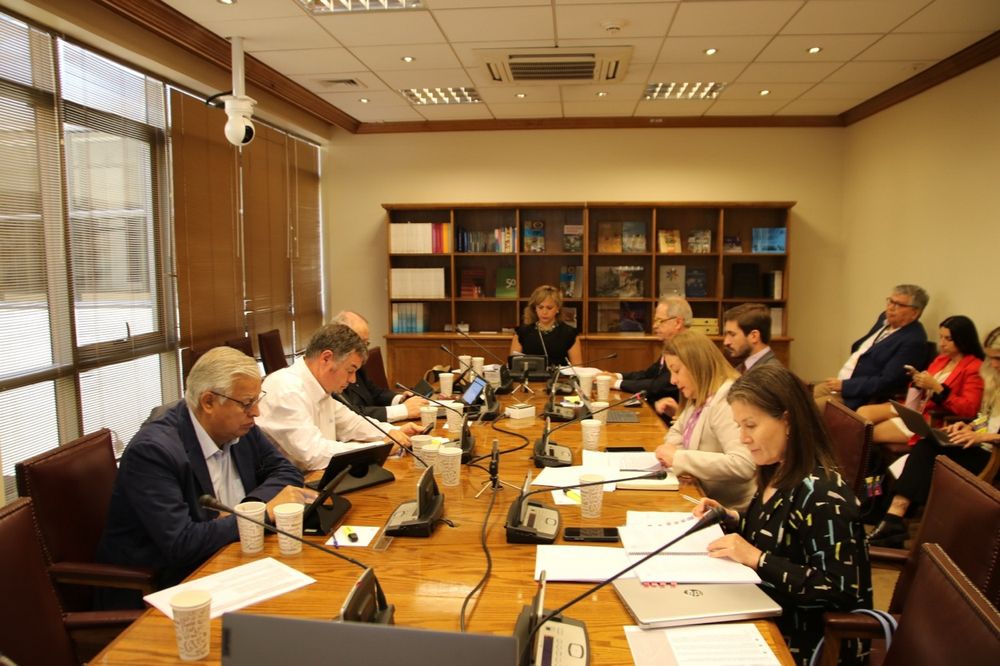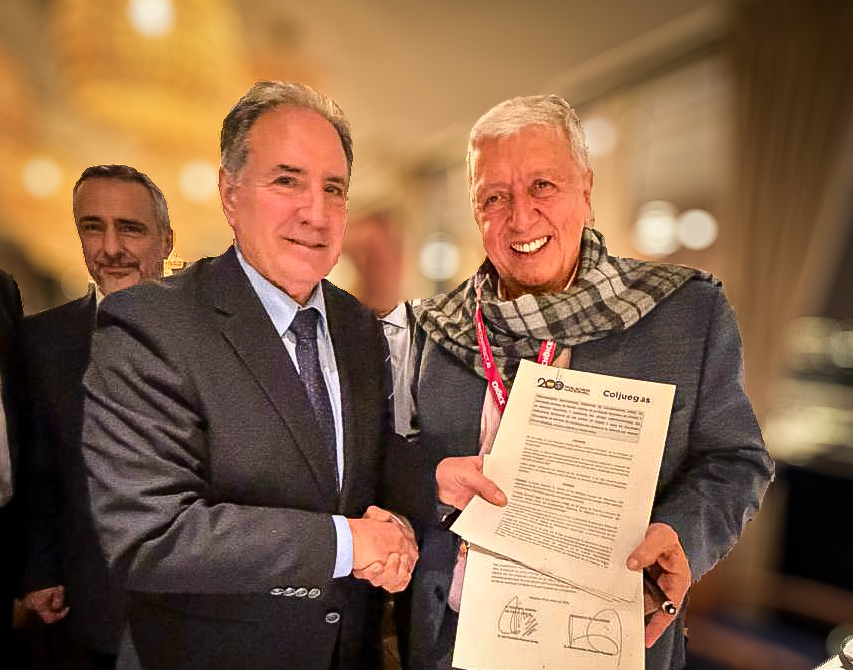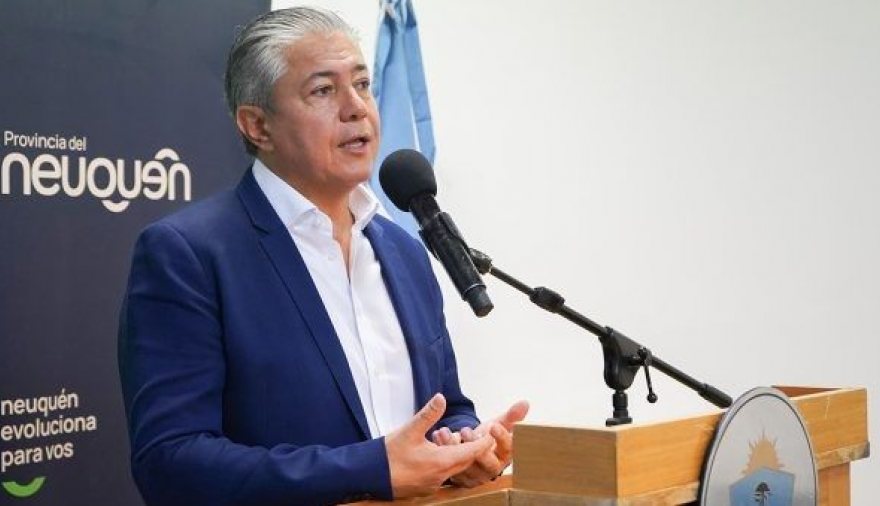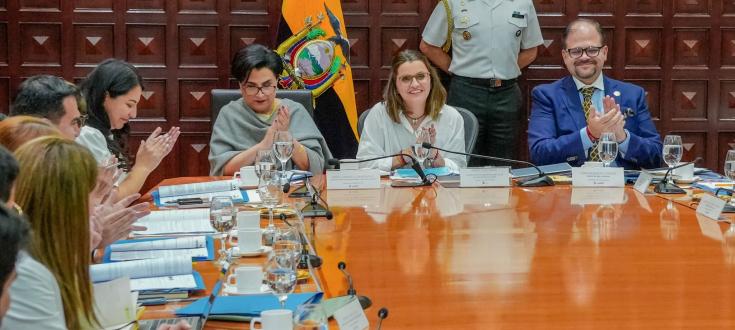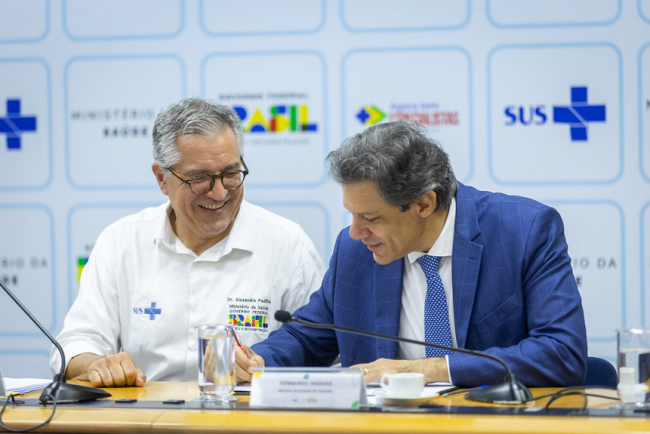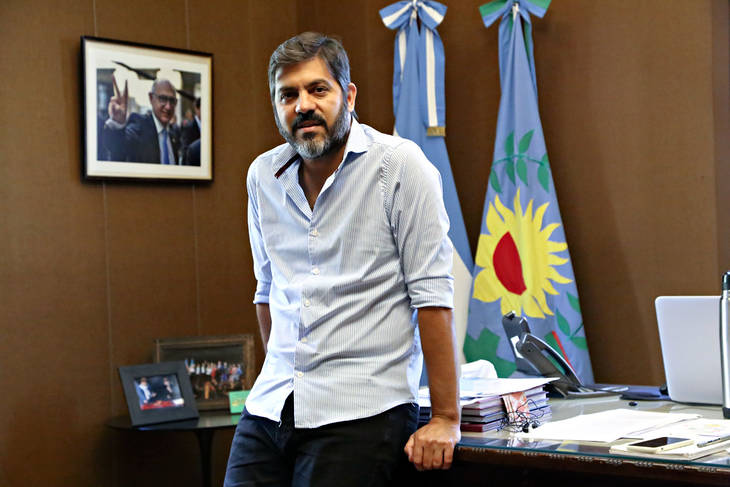As Colombia braces for the verdict in one of its most politically significant trials in decades, one question has surfaced in corners of the public conversation: can Colombians legally bet on the outcome of the criminal case against former president Álvaro Uribe Vélez?
The answer is a clear no.
Uribe, who served as president from 2002 to 2010, faces charges of witness tampering and procedural fraud. The trial has dominated headlines across Colombia since 2020, and after years of legal maneuvers, the presiding judge is expected to issue a verdict in the coming weeks. Early signals from court proceedings suggest the case may end in a conviction, a potential political earthquake for the country.

Despite the public’s intense interest in the outcome, no licensed sportsbook in Colombia offers betting markets on the trial. That’s because under the current regulatory framework, such bets are explicitly prohibited.
Colombia’s gambling industry is regulated by Coljuegos, the national gaming authority. According to its statutes, operators are limited to offering bets on authorized events: sports, games of chance, raffles, lotteries, and other regulated competitions. Legal processes or judicial verdicts fall far outside that scope.
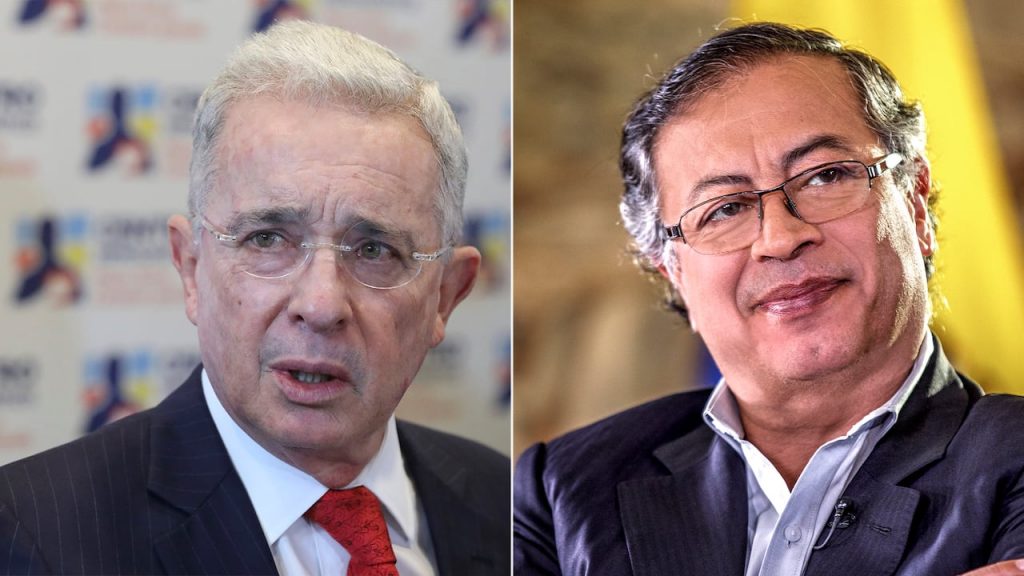
Even internationally recognized operators licensed in Colombia — including BetPlay, Wplay, and Rushbet — refrain from any markets related to domestic politics, let alone judicial proceedings.
Experts say that allowing bets on criminal verdicts would raise serious ethical and legal concerns. It could be perceived as trivializing the justice system or, worse, as encouraging manipulation or public pressure on the courts.

If betting on Uribe’s fate is happening at all, it’s likely within unregulated or illegal markets, such as private Telegram groups or offshore sites operating outside Coljuegos’ jurisdiction. Such bets offer no transparency, consumer protection, or legal recourse.
The absence of legal odds on Uribe’s trial reflects a broader consensus in Colombia: the judicial system is not entertainment. While political scandals often generate speculation, turning a criminal trial into a betting market would undermine the seriousness of legal accountability. For now, Colombians will have to follow the case as citizens, not as gamblers — and any wager on its outcome will remain outside the boundaries of regulated play.











